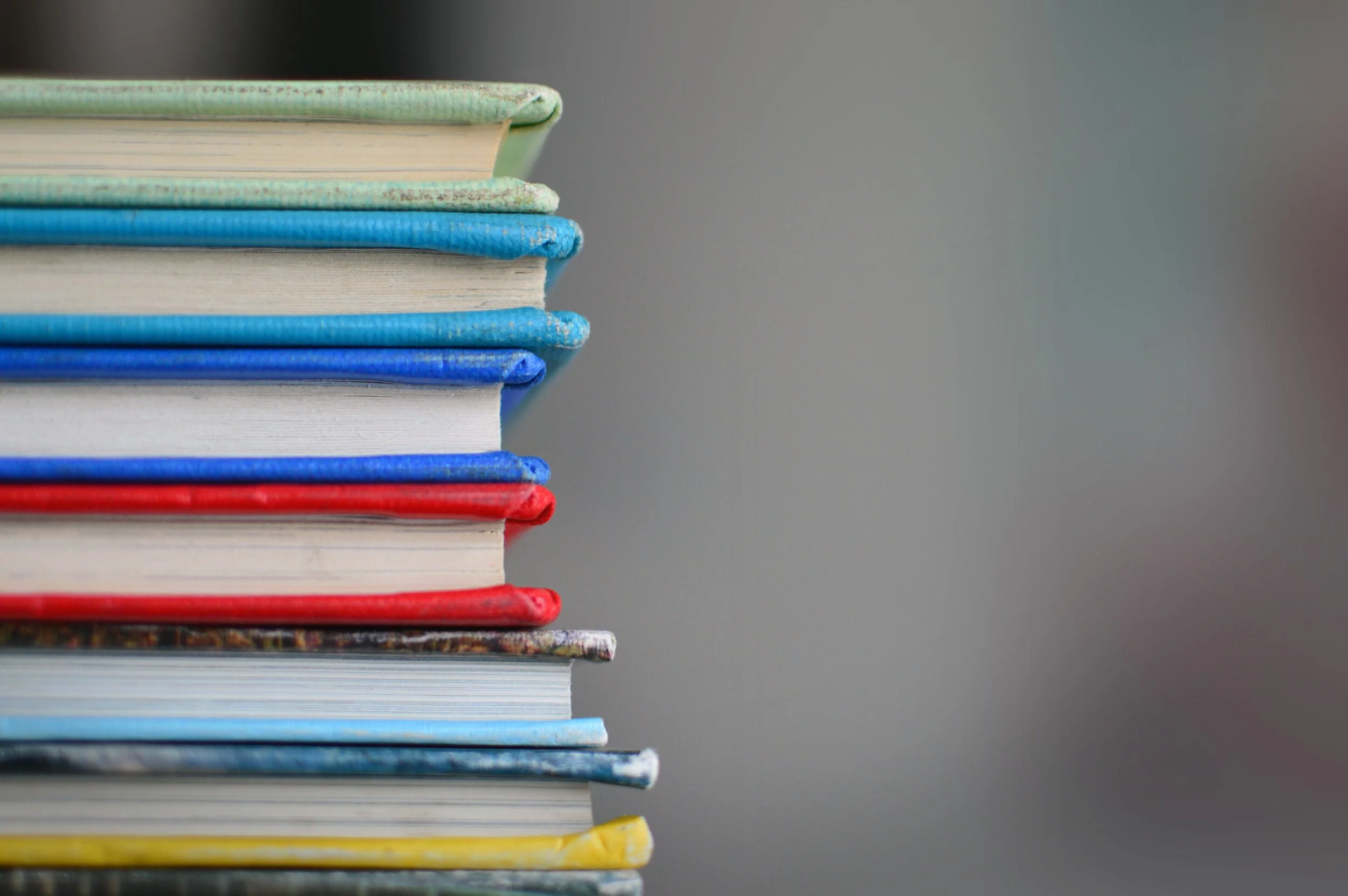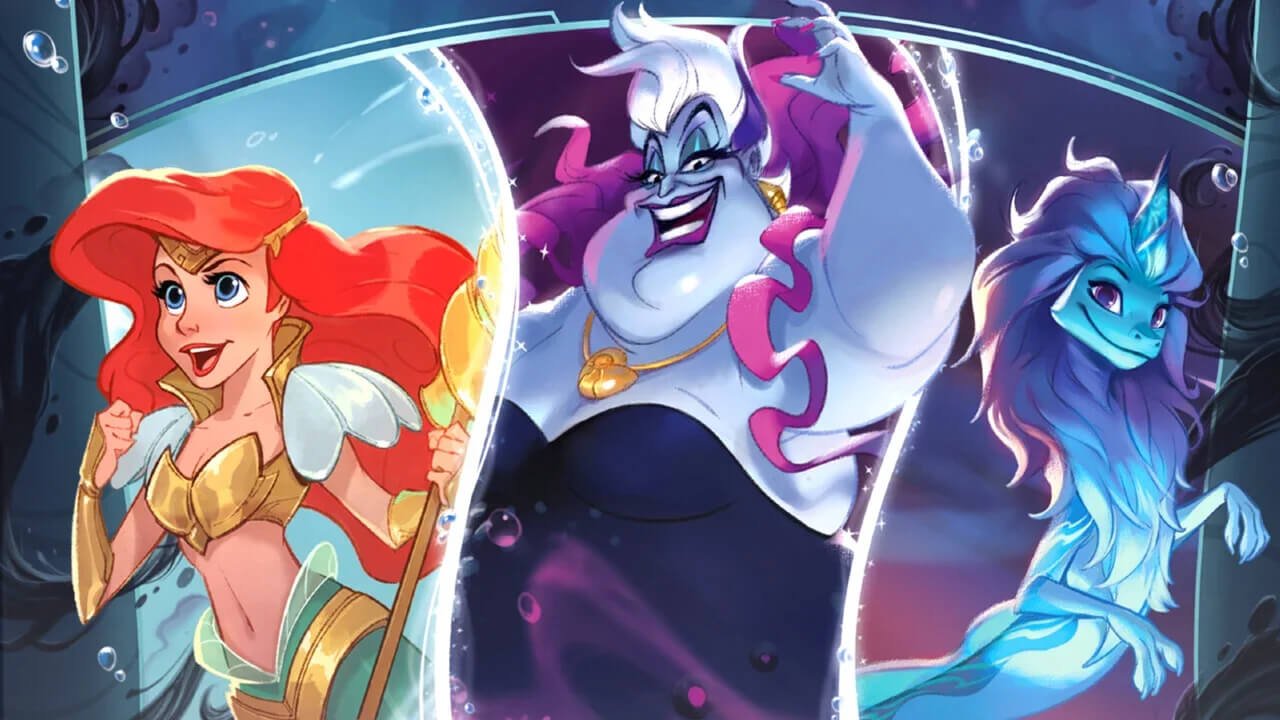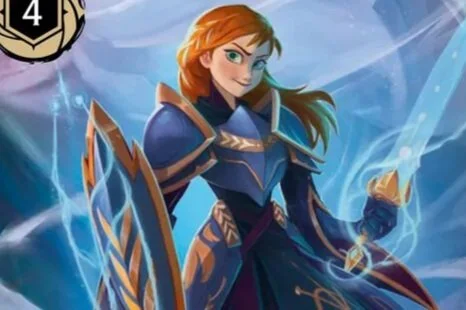Five Books You Didn’t Know Were Inspired by Catholicism
Today, we have entire sections of the bookstore dominated by what we call religious literature. But not so long ago, there were writers who actually created great works of literature without it belonging to some strange sub-category. In fact, some of the greatest work of literature of the last century, and of all time for that matter, were inspired by Catholicism. Why Catholicism, exactly? It’s hard to say. But one thing is clear. The ancient religion has had a massive impact on not only these writers, but on the formation of the world.
These five writers below felt the force of religion very profoundly in their lives. In their books, they express their own personal experience of life, love, sorrow and loss. As it turns out, Catholicism played a big role in all of that for them.
Catholic Book #1 – Brideshead Revisited
Written by Catholic convert, Evelyn Waugh, Brideshead is a confusing jaunt through a different time. Catholicism, however, plays a central role in this book. It is a motivating factor behind the lives of its central characters. For better or worse, religion plays a significant role in how each character ends up. Happy. Sad. Alone. Or otherwise. What does Catholicism mean for us? Is it a good thing or a bad thing? The book leaves it up to you to some extent. But there is no denying that Catholicism is both the thing that binds the central, noble family in the story, and the very thing that draws the story’s hero to them. It also shows us that while life without religion might be possible, it’s not nearly as exciting.
Catholic Book # 2 – Silence
If you haven’t heard of it before, you might have heard about it thanks to the recent movie done by Martin Scorsese. Controversial for sure, the faith is the main driving force not only behind the motivation of the central characters and those around them, but also the central driving force behind the overall plot. In the end, a question is being asked that some people make central to the overall book. However, despite the moral question being asked, the bigger question is more intimate than a vague moral choice. Shusaku endo was a Japanese Catholic. Not at home in Japan thanks to his religion, and not at home in Europe because thanks to his race, Endo wondered how it was possible for the Catholic faith to take root in his Japanese self. In Silence, he expresses this concern while asking how faith could ever take root in a “foreign” land like Japan.
Catholic Book # 3 – The Lord of the Rings
The grandfather of all modern fantasy literature, Tolkien invented something bigger than he probably ever knew. Even conceptualizing modern fantasy literature without Tolkien’s contribution is impossible. And his literature was deeply inspired by Catholicism. But how? It’s a little hard to see. And Tolkien wanted it that way. He did not want to write an allegory. He primarily wanted to write something that people would enjoy reading. Infused in his work are the virtues that Catholicism promotes – selflessness, nobility, and more. It sings through his literature and stories, and has really impacted the world in turn.
Catholic Book # 4 – Flannery O’Connor
Flannery O’Connor was remarkable. You could spend several blog posts on her. She died young. She wrote boldly. She saw an apocalyptic vision of Christianity and captured it better than perhaps any other mainstream writer ever. At the same time, she’s a bit of an acquired taste. She’s not your usual, run-of-the-mill writer. Anything by her is infused with her unique vision of Catholicism. And at times it can be very, very difficult to understand how Christianity has any place in the stuff she writes. She’s not writing about everyday experiences, however. Instead, she finds spiritual truth in violent, extreme, and dramatic situations.
“When you leave a man alone with his Bible and the Holy Ghost inspires him, he's going to be a Catholic one way or another, even though he knows nothing about the visible church. His kind of Christianity may not be socially desirable, but will be real in the sight of God” – Flannery O’Connor
Oscar Wilde – The Picture of Dorian Gray
Before you get mad at me for putting this one up here on the list, take a deep breath. I know there are a lot of conflicting themes and ideas in this story that don’t jive with what you typically think of as Catholicism. But what many fail to realize is that Oscar Wilde himself was very impacted by Catholicism. From Ireland and living during a time when Catholicism was not banned but certainly a bit taboo, Gray found some comfort in the aesthetic beauty of the ancient religion. In fact, he even makes references to the religion in the book. And, ultimately, the story ends in an arguably moral way. Another little known fact about Wilde – he converted to Catholicism on his death bed, poor, alone, and rejected by the rest of society.
Were any of your favorite books not on this list but feel like they should be? Comment below. I’d love to hear more about them!











